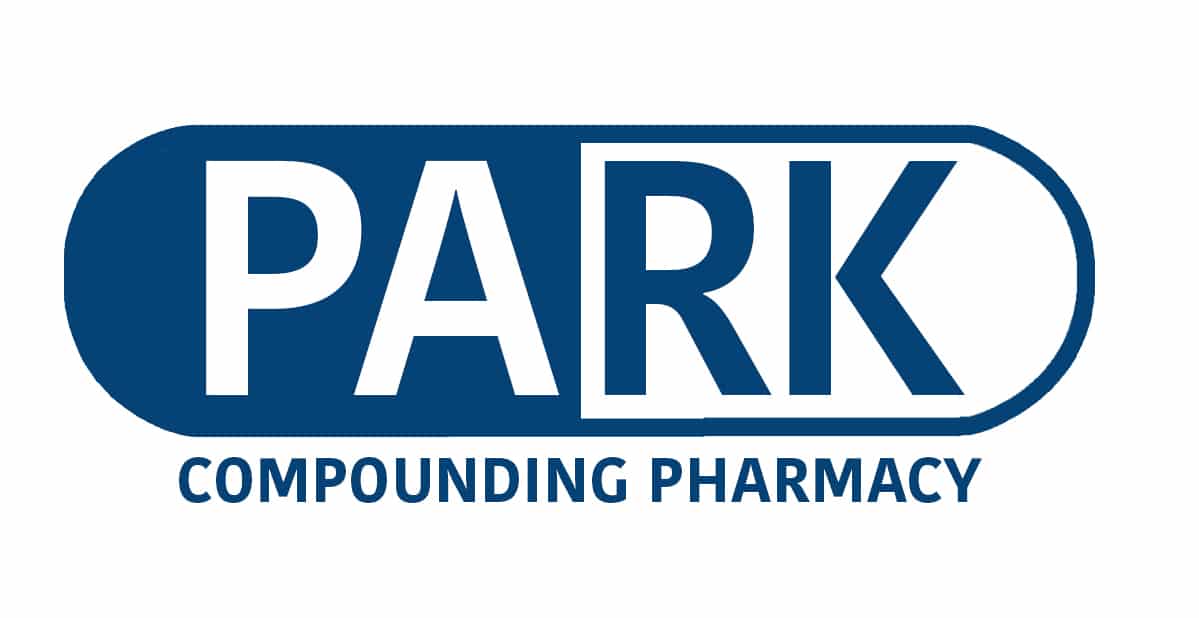Cysteine is an amino acid naturally found in the body. When used as a supplement or medication it is usually given in the form N-acetyl-L-cysteine (NAC). When the body is given NAC it converts it into cysteine and then glutathione which is a powerful antioxidant. While it has a variety of uses, it is not commercially available in the form of a nasal spray. NAC has been shown to effectively clear mucus from the body and may be an effective treatment for chronic sinusitis.
Uses of Acetylcysteine
One common use for NAC is for acetaminophen poisoning from an overdose. For this it is given intravenously to help prevent damage to the liver and kidneys. It is also commonly used for respiratory and sinus condition due to its mucolytic effects. Conditions that NAC has been used to treat include chronic obstructive pulmonary disease (COPD), acute respiratory distress syndromes (ARDS), angina (when combined with nitroglycerin), asthma, and more.
NAC is often used as an adjunct treatment for these conditions. Treating sinus conditions in particular can involve treating infection, swelling, and mucus drainage. Antibiotics and corticosteroids may be used in combination with NAC to achieve the best results. Research has shown that adding NAC to the standard treatment with corticosteroids, delivered by atomized nasal rinse, is an effective strategy to stop the loop that maintains the conditions of recurrent acute rhinosinusitis.
Chronic Sinusitis
Chronic sinusitis (also sometimes called chronic rhinosinusitis) is characterized by inflammation and swelling in the sinuses that lasts more than three months. The way that mucus drains from the sinuses is affected by this inflammation. Various medical conditions, infections of the sinuses, allergies, and nasal polyps can all be contributing factors to developing chronic sinusitis. Typical treatments include corticosteroids, antibiotics, antifungals, allergy medication (if allergies are implicated), and saline irrigation. Acetylcysteine is an adjunct treatment that can help improve clearance of mucus from the sinuses. If no treatments are effective, surgery may be required in some cases.
Normal Mucosal Functioning
A thin layer of liquid covering the airways has important protective functions. Airborn particles and bacteria are trapped in the mucous, which is propelled by cilia to be expelled from the body. The amount of mucus and its composition depend upon the balance between absorption and secretion of water and ions. Any disruption to the transport system that affects the composition of this liquid can lead to lung disease and sinus conditions.
Acetylcysteine as Mucolytic
Acetylcysteine is a mucolytic which means it can increase the fluidity of airway mucus. Treatment with NAC has been associated with a less stuffy nose as reported by patients and also by endoscopy. Researchers have observed increased mucociliary motility as well as a reduction in inflammation. Delivery of drugs intranasally can be especially effective as the nasal passages are highly vascularized and provide a large area for surface absorption.
- NAC may have a beneficial effect on wound healing when used intranasally after sinus surgery. It decreases inflammation and goblet cell loss which may make it an effect postoperative treatment. Goblet cells help to produce mucus in the nasal passages.
- A study demonstrated that NAC may be able to reduce the symptoms of ragweed allergies. When administered before a ragweed challenge, NAC nasal spray was able to reduce the late phase allergic response. This type of allergic response is associated with oxidative stress and NAC may be effective as a treatment due to its anti-oxidant capabilities.
- Another study concluded that acetylcysteine with a hypertonic saline solution was, “significantly more effective than HSS in reducing the number of goblet cells, neutrophils, lymphocytes and bacteria, and in reducing turbinate hypertrophy, TNSS score and rhinorrhoea.” In this case HSS refers to a hypertonic saline solution without acetylcysteine. TNSS refers to Total Nasal Symptom Score which assigns a four-point rating based on the severity of the symptoms the patient is experiencing.
- The effectiveness of NAC at improving mucociliary clearance has also been demonstrated in healthy volunteers as well. This study did not involve any patients with health condition that could be measured by symptoms or physiological analysis. For this reason, a saccharin test was conducted to measure how quickly the treatment and non-treatment groups could detect the taste of a saccharin sample placed in the inferior turbinate. Participants in the NAC treatment group could identify the saccharin almost a full minute (a mean of 00:54) before the non-treatment group.
Commercially Available Acetylcysteine
Acetylcysteine is available commercially in the form of an injectable solution and a solution for inhalation or oral use. There are no commercially available preparations that are meant for administration to the nasal passages and sinuses. A compounding pharmacy can make an NAC nasal spray specifically for this purpose.
While NAC is sometimes sold as a supplement, it has become clear that the FDA considers it a drug. Recently Amazon removed all NAC supplements from its website although no final decision has been made on its status by the FDA. Acetylcysteine was first studied as a drug in 1963 and is now being studied as a treatment for COVID-19.
Articles
The Effects of N-Acetyl Cysteine on Nasal Mucociliary Clearance in Healthy Volunteers: A Randomized, Double-Blind and Placebo-Controlled Study – Otolaryngology
Effect of N- Acetylcysteine on Nasal Mucociliary Clearance in Chronic Sinusitis – Journal of Otology & Rhinology
Amazon confirms plans on removing NAC supplements – Natural Products Insider
N-acetylcysteine inhibits Na+ absorption across human nasal epithelial cells – Journal of Cellular Physiology
N-Acetylcysteine as Adjuvant Therapy for COVID-19 – A Perspective on the Current State of the Evidence – Journal of Inflammation Research
Topical N-acetyl cysteine (NAC) Reduces Late Phase Nasal Symptoms Following Ragweed Challenge – The Journal of Allergy & Clinical Immunology
